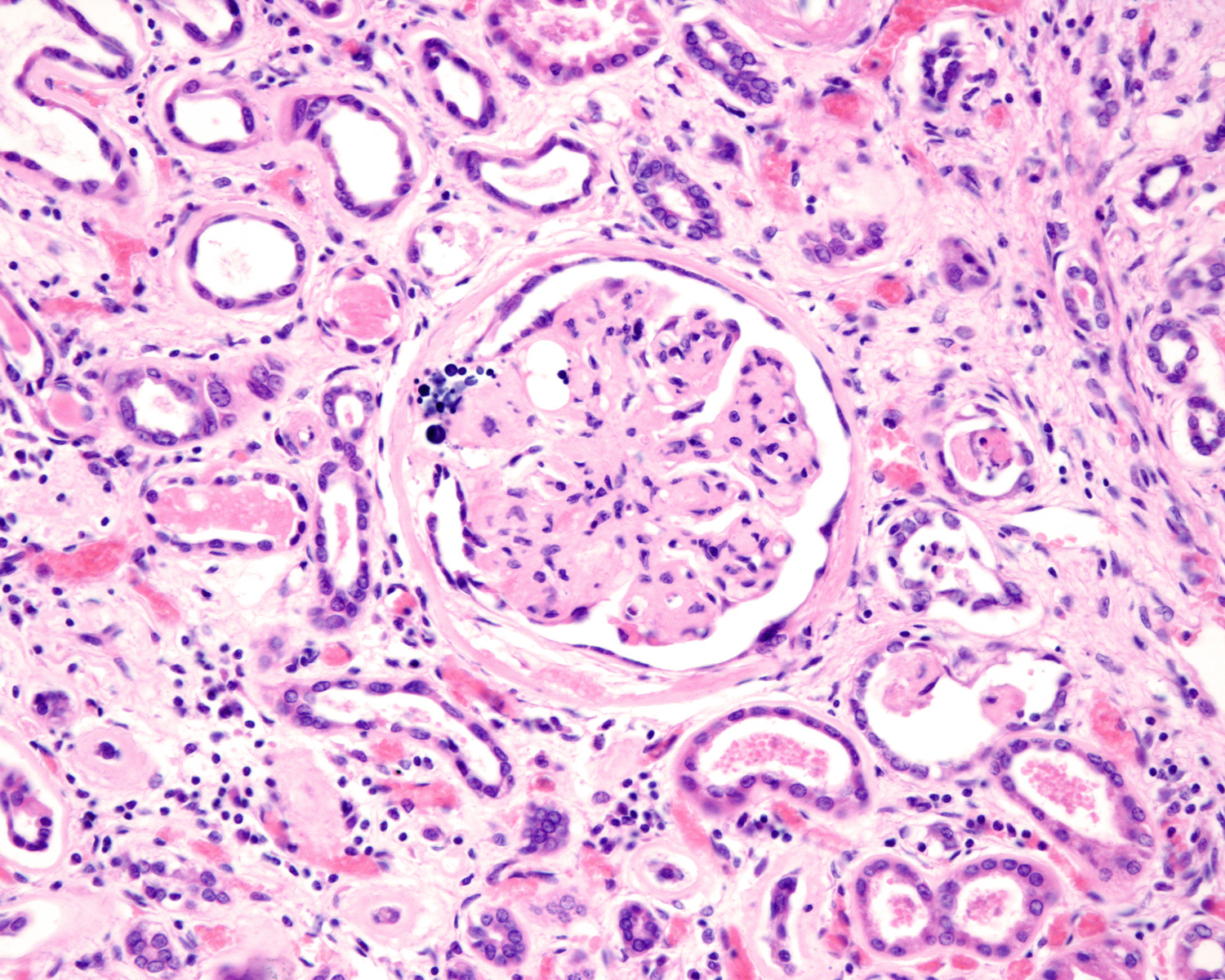Genome analysis provides insights into diabetic kidney disease among the Emirati population
A first of a kind study of Emirati diabetics unveils a gene variant that could contribute to kidney disease susceptibility.
Several Middle Eastern countries have some of the highest rates of diabetes worldwide, along with a worrying prevalence of diabetic kidney disease (DKD), a condition leading to gradual loss of kidney function. Yet little is understood about the underlying genetic factors at play.
Researchers at Khalifa University—in collaboration with the Imperial College London Diabetes Centre in Abu Dhabi and Queen’s University Belfast in the UK—have conducted the first genomic analysis of the Emirati diabetic population. The study of 938 unrelated Emirati individuals with type 2 diabetes without DKD, alongside 258 patients who suffer both diseases, sought to understand the link between genetics and susceptibility to DKD.
“Although hyperglycaemia is widely regarded as triggering DKD, numerous other genetic and environmental factors contribute greatly to the disease’s progression. As a result, not all individuals with diabetes will experience the development of the disease,” explains Wael Osman, from KU’sDepartment of Biology and first co-author of the study.
The researchers identified a variant in the CNR2 gene associated with DKD. This variant encodes a protein called cannabinoid receptor 2, which exhibits activity in various parts of the kidney. It plays a role in insulin resistance, inflammation and the excessive scarring of the kidneys known as kidney fibrosis.
Comparative analysis of these findings with data from other global populations found variations in the CNR2 gene in Japanese people with DKD, but not in British and Finnish populations. These distinctions in genetic makeup among different ethnic groups could potentially lead to differences in DKD predisposition and progression.
The study shows that this variant of CNR2 is linked with DKD in the context of type 2 diabetes, a condition typically diagnosed in adults. The correlation was not evident in type 1 diabetes, which tends to develop early in life and is believed to be caused by an autoimmune reaction.
The published findings also hint at the possibility of 11 additional genes with variants linked to DKD. The team acknowledges there is a need for further validation through a broader study that includes multiple ancestral ethnic groups from Middle-eastern populations.
“Although DKD is common among the Emirati population, we’re not entirely sure which specific genetic variants are responsible for causing this disease. This study has brought us closer to uncovering why some diabetic patients in the UAE develop kidney problems and others don’t,” says study leader Habiba Al Safar, from Khalifa’s Department of Genetics and Molecular Biology.
“Since ethnicity and genetics play a role in DKD, one day we may be able to craft therapeutic advancements tailored to specific populations,” adds co-author Mira Mousa.
Reference
1. Osman, Wael et al. A genome-wide association study identifies a possible role for cannabinoid signalling in the pathogenesis of diabetic kidney disease. Scientific Reports 13.1 4661 (2023). | Article




